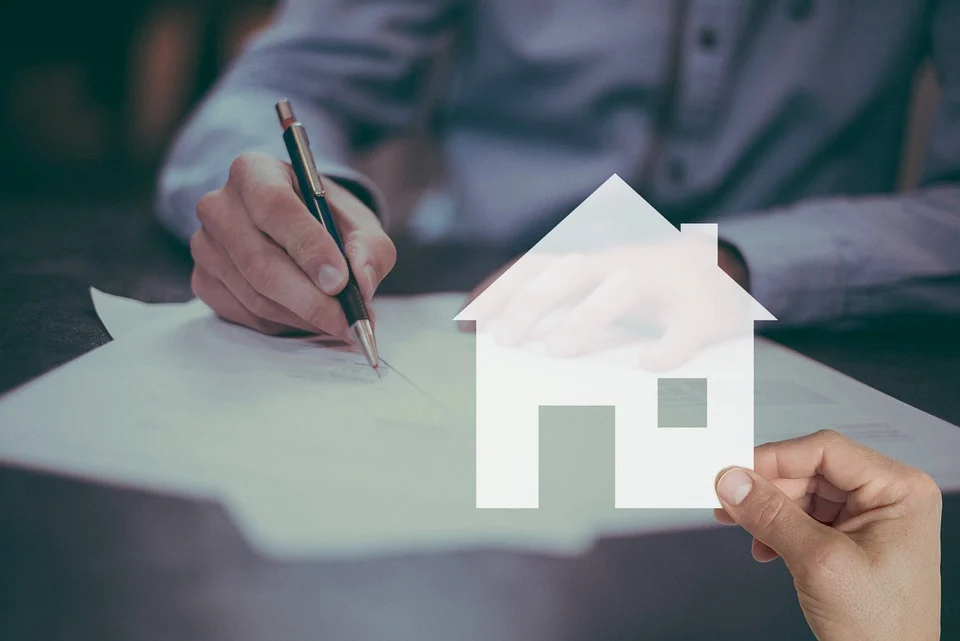
When the time comes for you to get your very own mortgage, it’s important to do what you can to achieve the very best deal possible. That’s not always easy to do, but it certainly is possible if you’re willing to take the right steps and prepare for your application carefully. Doing so will certainly pay off in the long-term because if you don’t take the right steps now, you’ll be lumbered with a bad deal for years or potentially decades, and that’s obviously not what you want at all. So read on to find out how you can avoid getting a bad deal on your first mortgage loan.
Work on Your Credit Score
First of all, you should think about your credit score. When you apply for a mortgage, one of the things the lender is going to look at and judge you on is the credit score that you have and your overall credit report. The sooner you find a way to improve your credit score, the easier it’ll be for you to have your application for a mortgage accepted with reasonable terms. So pay your bills on time and meet your debt repayments to keep your score looking good.
Talk to a Mortgage Advisor
Talking to a mortgage advisor about your plans to buy a new home is certainly a good idea. You want to make sure that you’re doing all the right things and that all of the relevant documentation is in place. The documentation issue is particularly important if you or the person you’re buying a home with is a freelancer because lenders will want to see proof of income and your earning history before making an informed decision on whether or not to lend to you.
Maximize the Size of Your Deposit
You’ll get much more favorable mortgage terms if you have a large deposit to put down. It’s all about how risky you’re seen to be by the lender. Of course, if you’re putting down a large deposit and you’re paying for more of the home in an up-front way, it’s going to be less of a risk for the lender, meaning you’ll be less likely to be bound by strict terms and harsh conditions. So before you start the buying process, see what you can do to maximize the size of your deposit.
Contrast and Compare Lenders
It’s vitally important to compare and contrast the various options that are out there and that are being quoted to you by lenders. Before you make a firm application, you can use online tools to compare your mortgage loan options and see which is going to work best for you. You’ll find the best solution when you have a full and well-rounded view of the options out there and what they might be able to offer you.
Pay Attention to Fees
It’s important to keep an eye on the fees you’re paying as well. Buying a home and getting a mortgage is about more than simply putting down a deposit. There are other costs that need to be covered too, unfortunately. Lots of mortgage deals come with lots of additional fees, and you should take these into account when you’re comparing deals. One deal might look great but if there are lots of hidden fees attached to it, that might not be the case.
Hold Off on Big Purchases
When you’re leading up to the moment at which you make your mortgage loan application, you should try to hold off on big purchases for as long as possible. The mortgage lender will want to look at your finances and they’ll want to see how much you’ve been spending and why. If you have a lot of big purchases in your recent financial transactions history, this might be seen as a red flag by some lenders.
Get Pre-approved to Avoid Problems Later
Before you apply for anything related to your mortgage, it’s important to get pre-approved if you want the best deal possible. You’ll avoid a lot of problems, disappointment and wasted time if you get pre-approved and make it clear exactly how much the lender is willing to lend. Your first mortgage is potentially the most important one you’ll ever apply for, so it really does make sense to prepare for the application properly and to do what you can to find a mortgage that’s going to work for you. You’ll get the best possible terms if you follow the advice outlined above.
